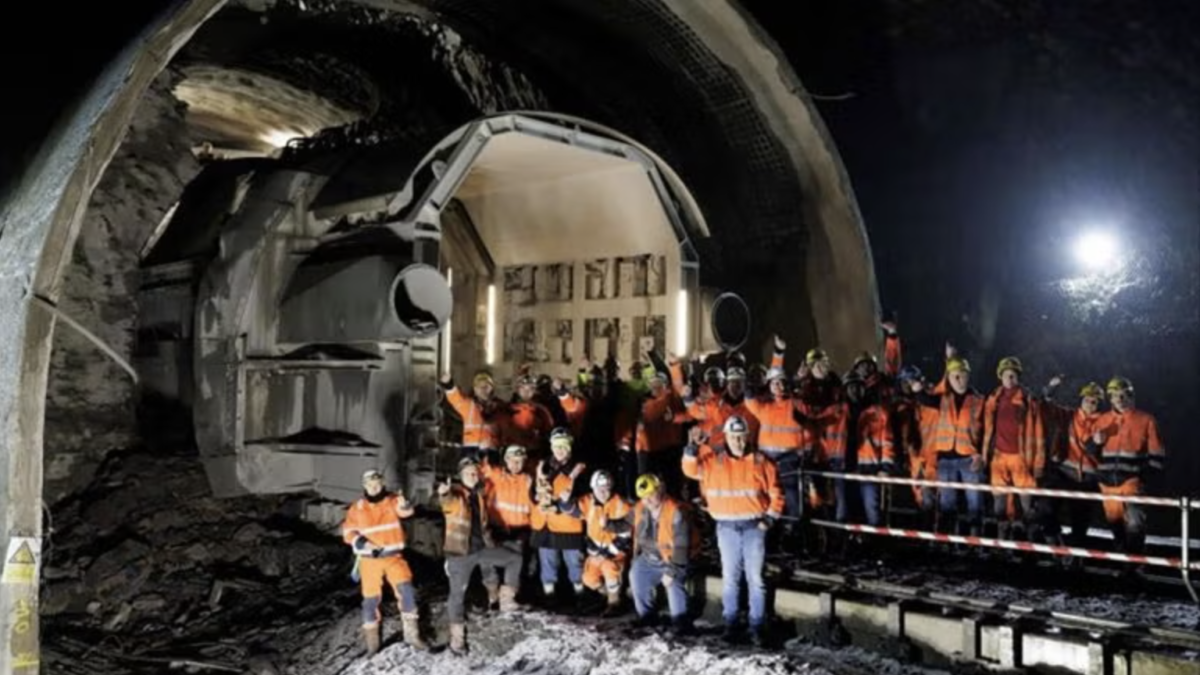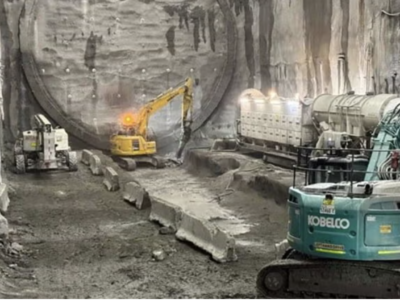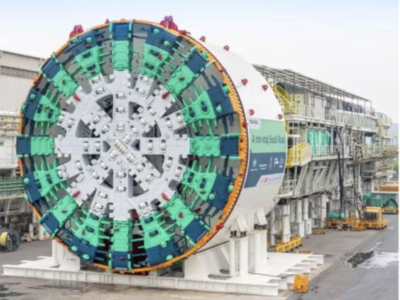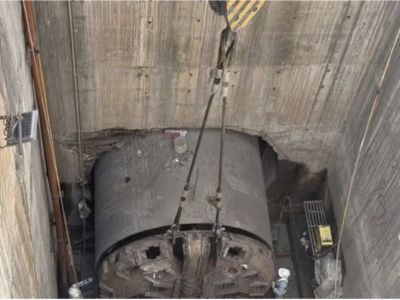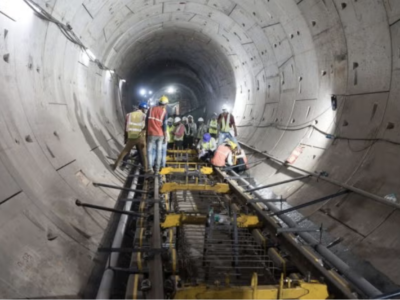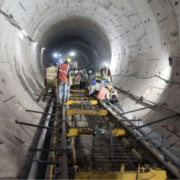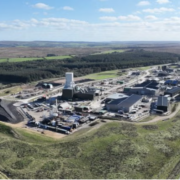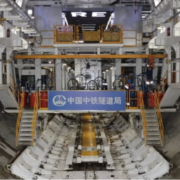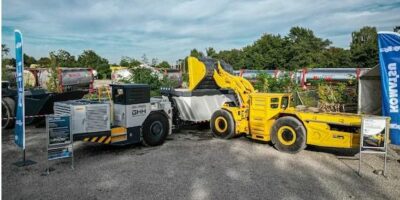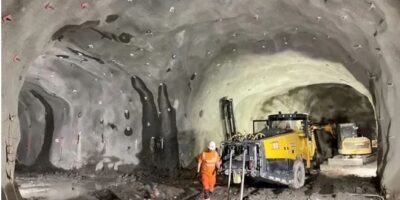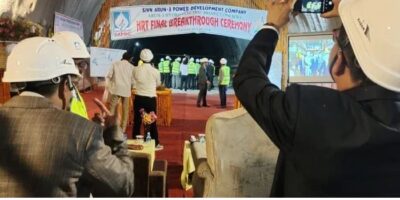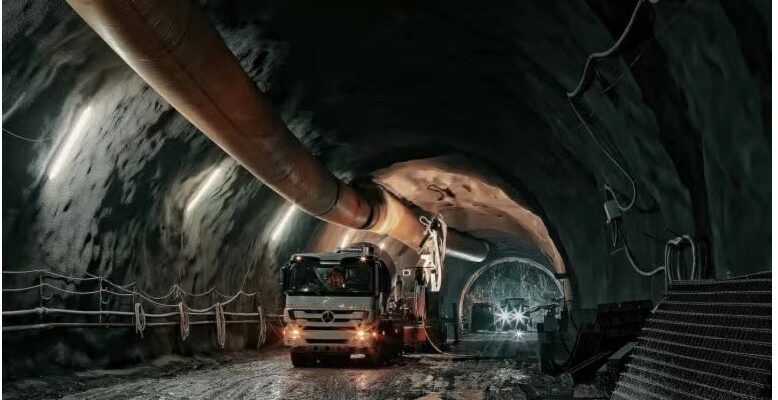
With the aim of delivering stronger protections and better support for workers, such as tunnellers, affected by deadly dust diseases in the Australian state, New South Wales government has welcomed a report from the Law and Justice Committee’s Review of the Dust Diseases Scheme.
Concentrating on improving the scheme’s support for younger workers, the comprehensive review ensured that those diagnosed with dust diseases were treated fairly and in a way that reflected the modern needs of workers and their families. The review also identifies how at-risk workers can be protected at work.
Also the review’s recommendations is due to guide reforms that better protect workers in high-risk industries such as tunnelling, construction and mining.
Being supported throughout retraining, even if workers gain paid employment during the course, key recommendations include career and educational counselling.
Other recommendations include:
- expanded vocational services, including job-seeking assistance and personalised career support, particularly for younger workers;
- a working group, convened by icare within six months, bringing together unions, employer groups, health experts and support organisations to design retraining and education programmes for affected workers;
- enhanced mental health support for workers and families, integrated into standard claims management, and culturally and linguistically tailored;
- legislative changes to improve fairness, including removing the requirement that exposure to dust occur entirely in NSW, to receive full benefits and including new dust-related conditions, such as silica-induced autoimmune and airways diseases, mycobacterial diseases, and chronic renal disease and ensuring weekly benefits align with those in other states and territories;
- that the NSW government strengthen SafeWork NSW’s role in resolving disputes under the Work Health and Safety Act 2011 between authorised entry permit holders and those conducting a business or undertaking to facilitate the provision of documents to workplace entry permit holders if there is suspected contravention.
Additionally, in order to preserving pension or non-monetary entitlements for dust disease sufferers on workers’ compensation; an accreditation framework for health monitoring providers; and a requirement that lung testing results be shared with icare to improve surveillance and follow-up,the review calls for a national dialogue with the Commonwealth.
In July last year Australia introduced a ban on the use, supply and manufacture of engineered stone products, and in February this year the NSW government established an expert taskforce to oversee and help address silica-related health risks for workers in tunnelling projects. The Taskforce, made up of government, medical, industry and union representatives, provides guidance to prevent and manage silica and other dust-related disease associated with tunnelling projects in NSW.
The government will now consider the recommendations of the report.
According to Minister for industrial relations Sophie Cotsis: “No worker should face the devastating impact of a dust disease without support. These recommendations give us a path forward to make sure all workers can access medical, financial, mental health and vocational assistance, and transition into new careers if needed.”



